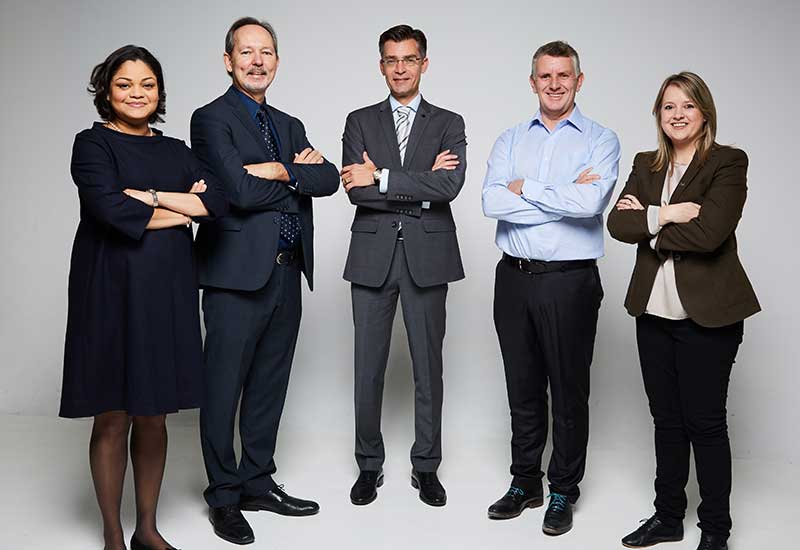 The group of human resources experts gathered together at ITP Media Group on October 31 to discuss pertinent issues.
The group of human resources experts gathered together at ITP Media Group on October 31 to discuss pertinent issues.
Has the increased number of millennials in the workplace affected how you as hoteliers approach issues such as recruitment and training?
Lynne: I would say that the communication style has changed, thanks to the mode of communication having changed, with social media, internal Facebook pages, and so on. You can either e-mail all the managers or post it on the Facebook page and tag all the people. Whatsapp groups are also used widely now.
Laura: As was mentioned, the way that we learn — this has now moved online. Mobile learning is becoming a very big part of our culture, as well. Then there’s the character of management. Gone are the days when you had an egotistical, tyrannical GM! This it has had to change. It’s changing, and we are seeing a lot of GMs behaving as though they’re younger because they need to adapt.
Peter: In the past, we didn’t have enough tools that would help people understand themselves, and we see those more and more now.
What I’m also seeing is a lot of the newer general managers that are coming up, who are somewhere in the mid-30s age bracket. They have been through multiple assessments.
It’s about how we communicate the message, and how we give feedback, and where this is going to. That’s where maybe — years ago — we weren’t quite as robust in having those conversations and in talking about people’s development and potential.
Now we are a lot more comfortable because we’ve got better tools. We have data so that, all the way across the board, everyone has a comparison set and a development plan that is based on their own individual needs.
We’ve got a lot better as organisations at supporting people and in them providing value, and then knowing what their next steps are.
What about different learning styles?
Lynne: Self-learning is now huge, and online platforms — look at YouTube. I tell people they need to also work on their self-learning. There’s so much online, whether it’s videos, links, or books, and there’s networking. Everything is at your fingertips, unlike in the past. There’s no excuse now to not learn.
David: Organisational structure hasn’t changed over the years. You need a sort of edginess, even in job titles, and when you market those jobs, you attract a different kind of candidate. You’ve got to take the old structure into this century, and how you do that when it comes to job titles? While job description is important from many perspectives, in terms of assessment of performance, and the protection of the organisation, it also puts everyone in a little box — and that’s not necessarily a wise thing to do.
Are companies looking to change organisational structures and job titles?
Peter: I think, going forward, that’s something that’s been considered within our organisation. We’ve gone back to looking at the guest experience in light of the changing demographics, and really, from our traditional set-up, what is the future going to be? We really need to start working now, because the change needs to happen now in order to get where it needs to be in the future.
From our guest experience point of view, it means we need to organise to meet that need. We recognise — from the whole lobby experience, which incorporates some type of dining area or café — that this is a shared and more communal experience. We have seen the emergence of these places, not really just to sell coffee, but also as a place to interact. The workplace, in the future, will be more like that.
That whole change in the way we departmentalise everything is on the verge of a journey towards change, which means we need to change organisational structures, and change the way that we hire, the way that we train, and ensure that people deliver service in a different way.
David: If, in the future, people are crossing the traditional boundaries of job structure, how do we educate? How will that affect curriculum design and delivery?
Lynne: We have a flat structure at Media One, and we have varied names for the departments. We introduced the lobby experience team, and we called them ‘lobby ambassadors’, but they said they weren’t comfortable with that, so we changed it. All the departments are flexible; you find people doing more jobs that overlap.
Peter: It will take more time because, if you think of the current structure of a hotel, the current facility is built around the traditional organisational departments. Newer hotels, or hotels with more flexibility in design, will be able to move to more organic structures a little bit more quickly.

| Advertisement |








 Search our database of more than 2,700 industry companies
Search our database of more than 2,700 industry companies









